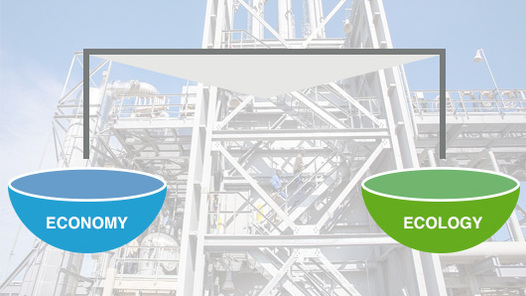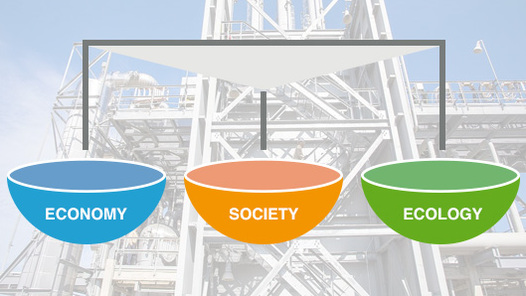Sustainability: You can only manage what you can measure manage
At BASF, we want to help our customers and partners to be ahead of current and future market requirements by measuring the sustainability aspects of their operations. We designed a series of measurement tools to track their eco-efficiency and improve the sustainability performance of their farming practices.
Effective solutions for tracking sustainability indicators – starting with our Eco-Efficiency Analysis
We are convinced that measuring sustainability is critical to successfully implement efficient production processes, improve business practices and, and monitortheir subsequent progress. We firmly believe that you can only manage what you measure. This is why we have expanded our knowledge and expertise in measuring sustainability indicators over the past 20 years. We started by creating our Eco-Efficiency Analysis to promote transparency and provide a solid basis for decision making.
Three tools for measuring sustainability
In 1996, we developed the Eco-Efficiency Analysis method to help us and our clients improve a product or process in terms of its eco-efficiency. BASF has since conducted over 450 studies using Eco-Efficiency-Analysis, which has been validated by TÜV Rheinland and NSF International. This has enabled us to build a responsible, fact-based decision-making method to help identify improvements in eco-efficiency.
We then created SEEBALANCE® to add a social element to our Eco-Efficiency Analysis. For the first time, this tool assesses the social impact of industry products and processes – not just their environmental and economic effects. SEEBALANCE® allows us to guide and measure sustainable development in companies with the ultimate aim of effectively minimizing negative impacts and costs while considering all possible societal issues that could emerge.
Over time, BASF has built a detailed database to serve as a basis for ongoing case studies. With AgBalance™, we have expanded our existing analysis methodology – in cooperation with external partners, stakeholders and experts – for measuring sustainability and providing solutions that are firmly grounded in the realities of agriculture. AgBalance has been tested for coherence and functionality by the independent expert agency DNV-GL Business Assurance.




